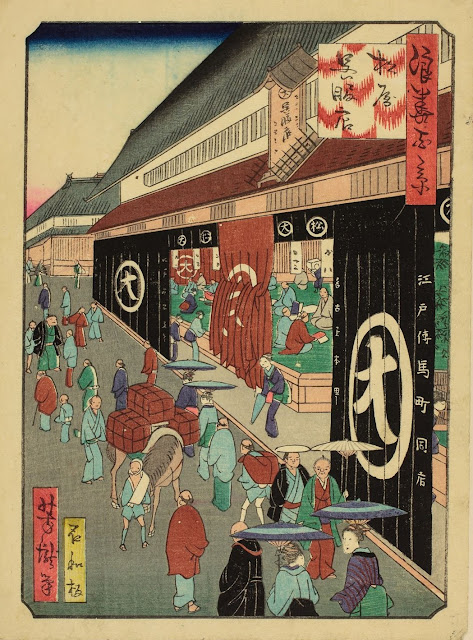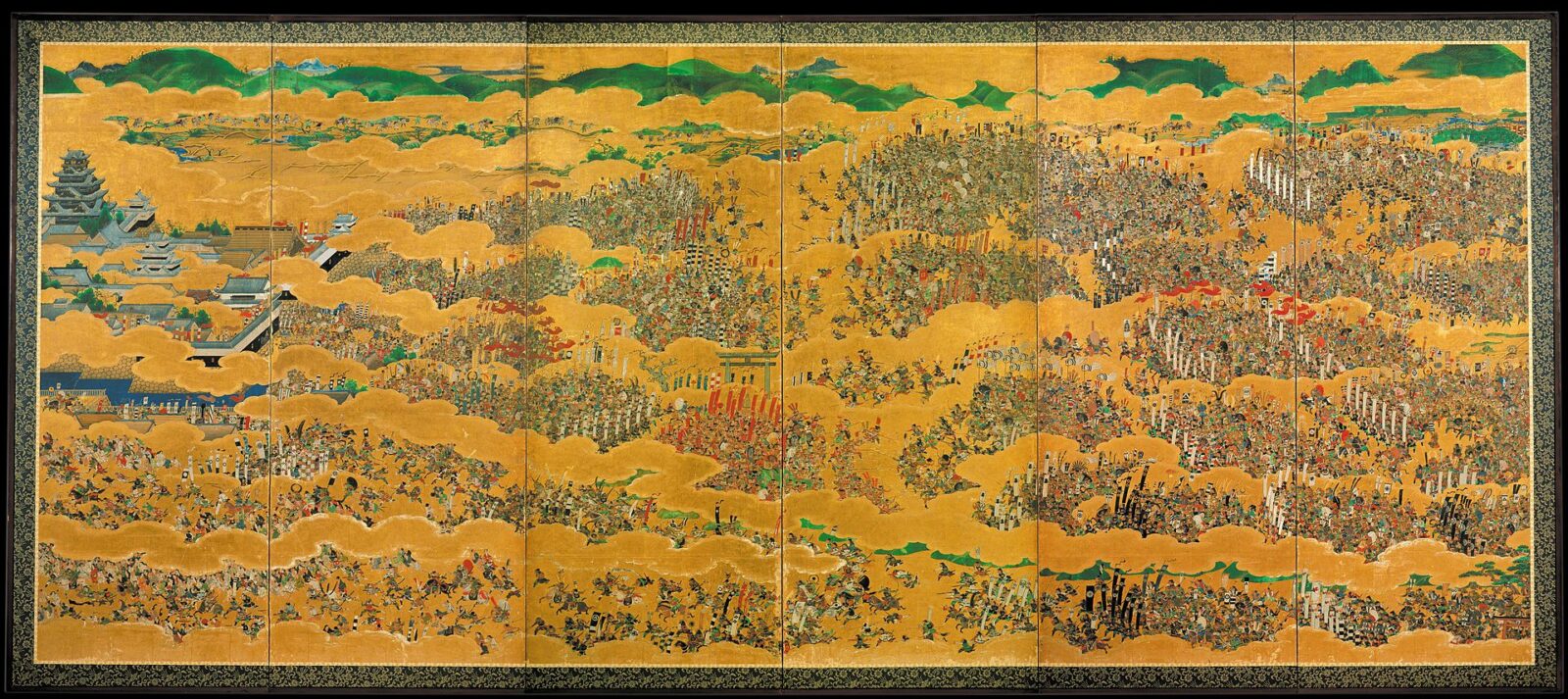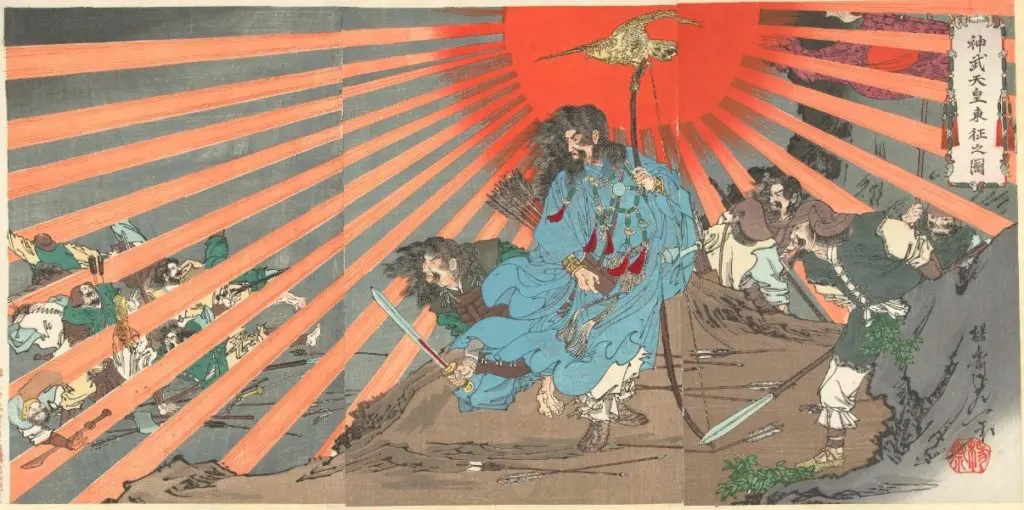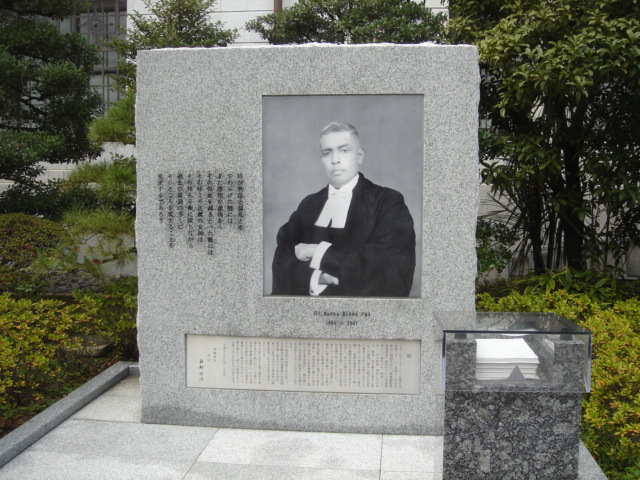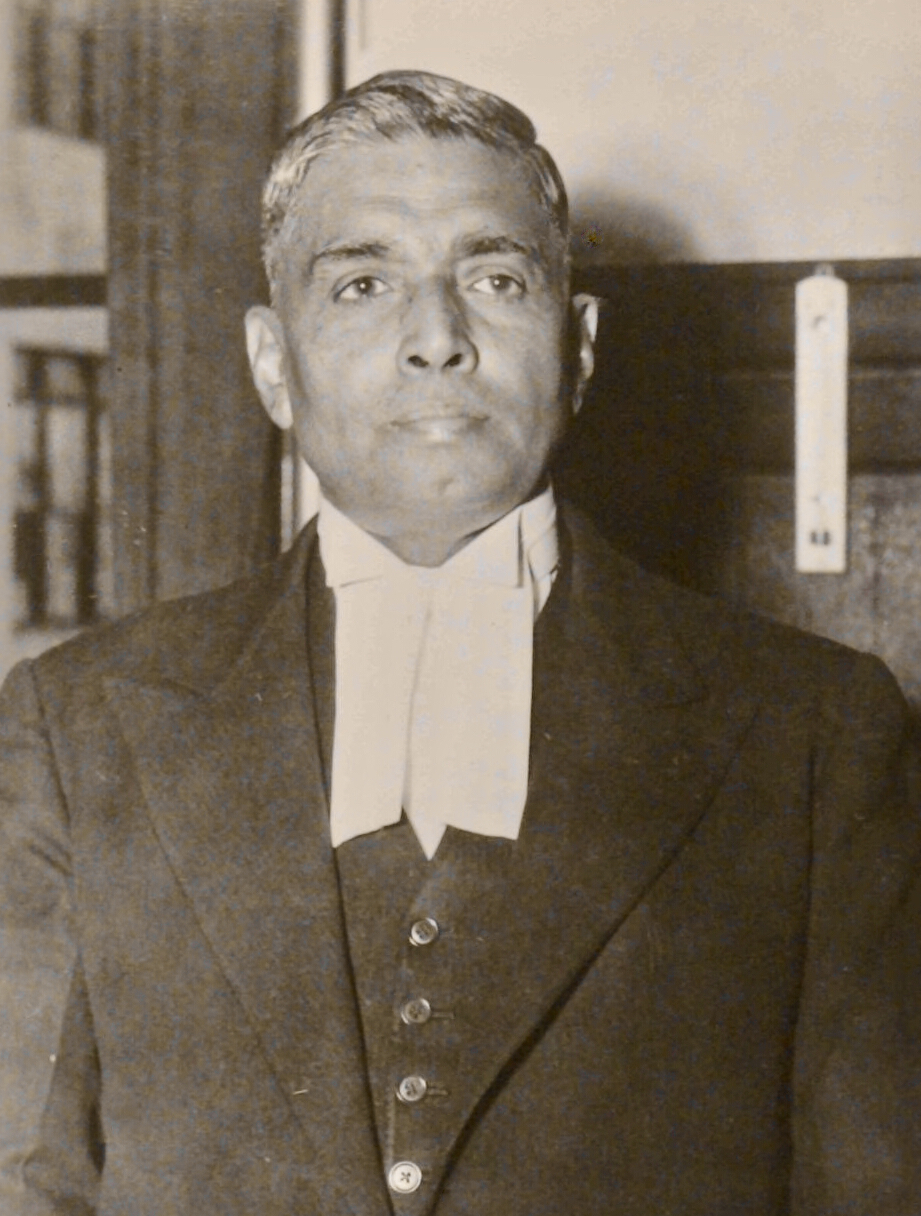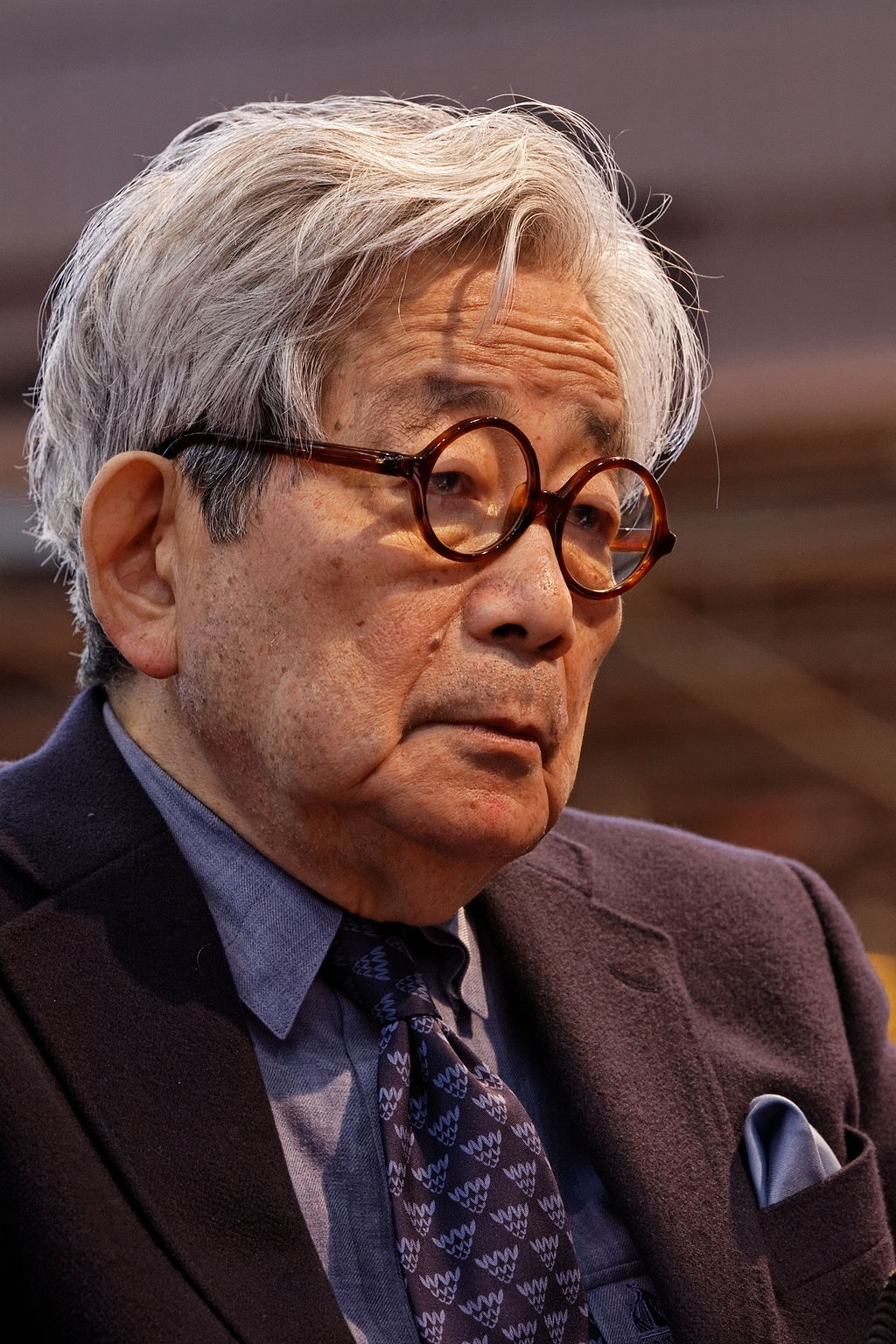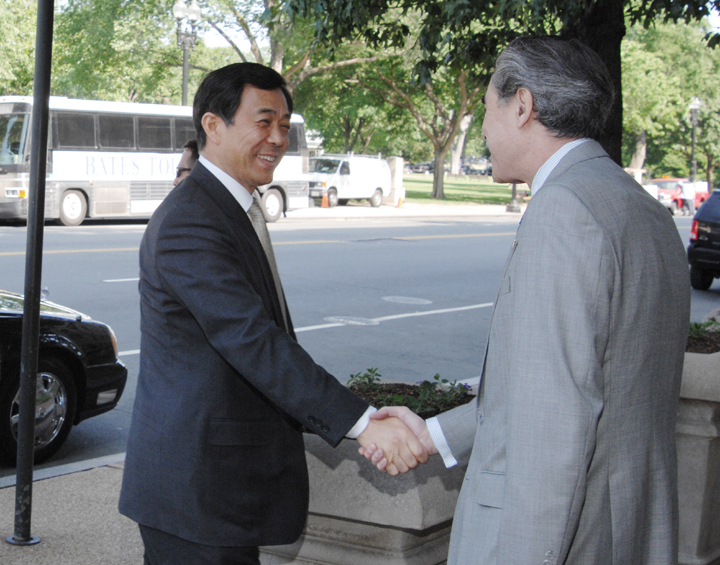This week: it’s the height of the Edo period, and you sail into Osaka’s harbor. What sorts of things might…
Note: due to a numbering error on my end, I recorded this episode as 487. It is actually 488. This…
The start of our multi-part series on the history of Osaka! Supposedly the site where Japan’s first emperor began his conquests, the city has a long history stretching back well before it even got its current name. This week is all about the first 1000-ish years of Osaka’s history, and how it became one of the country’s most important port cities.
A man named Martin Guerre left his wife and child. Eight years later, a man who called himself Martin Guerre returned. Why would his wife accept her not-quite-the-same husband without raising any questions, and what happened when one member of the family became convinced his nephew had been replaced by an imposter?
How did Japan’s most popular god develop a following around the country, and why is that god–Inari–associated with everything from farming to fire prevention? How come you see Inari worship in Buddhist temples and Shinto shrines alike? And what does all of this have to do with foxes, anyway?
The Pal dissent becomes the Pal myth. How did an obscure document from the Tokyo Trials end up front and center in nationalist discourse in Japan today?
Is the rule that made the modern internet to blame for breaking it? Is a forum legally analogous to a bookstore that might have a dirty book in it somewhere? Who’s responsible for all this junk everyone’s been putting in the internet tubes? And if we’re heading for a massive change in the way we handle illegal content online, are we at risk of destroying the best parts of the system we’re trying to fix?
We’re starting a look into how an Indian lawyer and judge from a relatively obscure background became a focal point of right-wing Japanese nationalism. Who was Radhabinod Pal, how did he end up a judge in the Tokyo Trials, and what led him to claim that there were no grounds to convict Japan’s leaders of any crime after World War II?
Oe Kenzaburo is about as different a writer as you can think of from Kawabata Yasunari, and yet he’s Japan’s second ever Nobel laureate in literature. What sort of concerns defined his work, and what can we learn from looking at him in conjunction with Kawabata?
We’re back with a new recording of one of the first cases we covered on Criminal Records. Bo Xilai was one of the rising stars of China’s Communist Party, but his political dreams came crashing down when a close business partner was found dead in mysterious circumstances.
